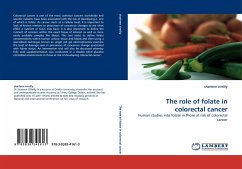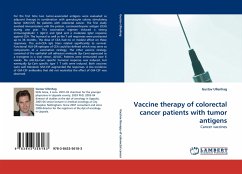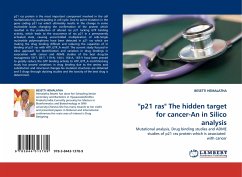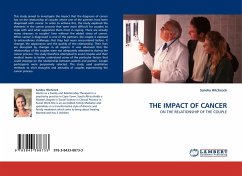Colorectal cancer is one of the most common cancers worldwide and specific nutients have been associated with the risk of developing it, one of which is folate. As cancer starts at a cellular level, it is important to look at known markers or precursors of cancerous changes to see what effect a nutrient or toxin may have. It is also important to define the nutrient of concern within the exact tissue of interest as well as more easily available samples like blood. This text seeks to define folate concentrations within human colonic tissue and blood and then using a specialised technique known as single cell gel electrophoresis examine the level of damage seen in precursors of cancerous change associated with folate status. An intervention trial will also be discussed whereby folic acid supplementation was conducted in a double blind placebo controlled environment in those at risk of developing colorectal cancer.
Bitte wählen Sie Ihr Anliegen aus.
Rechnungen
Retourenschein anfordern
Bestellstatus
Storno








